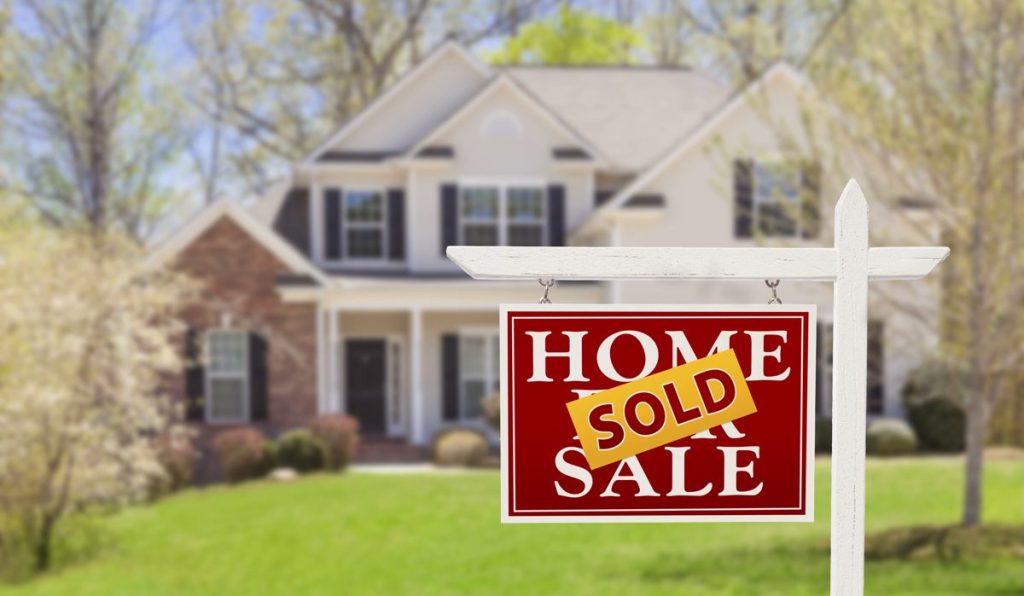Existing home sales rose in December, and total home sales in 2020 reached the highest level in 13 years, according to the National Association of Realtors.
A total of 5.64 million homes were sold in 2020, up 5.6% from 2019 and the most since before the Great Recession, according to Lawrence Yun, NAR’s chief economist. Sales also rose 0.7% from November and 22.2% year over year.
“What’s even better is that this momentum is likely to carry into the new year, with more buyers expected to enter the market,” said Yun.
Experts project low mortgage rates to continue driving home sales in 2021. Industry officials believe rates could hover around or below 3% for the foreseeable future.
“Early signals show that rates may begin to inch back up, but as long as COVID strains the economy, it’s unlikely mortgage rates will rise substantially,” said John Pataky, executive vice president at TIAA Bank.
If consumers aren’t holding lenders back, then who or what is?
The challenge for mortgage lenders and investors is understanding how to meet borrowers where they are without layering on risk or getting bogged down in third-party intermediation. And now, there’s a way to make that happen.
Presented by: FormFree
Plus, financial relief from President Joe Biden’s American Rescue Plan is expected to provide a boost for home sales.
“Expect economic conditions to improve with additional stimulus forthcoming and vaccine distribution already underway,” said Yun.
“NAR will work with the incoming Biden administration in pursuit of policies promoting housing affordability and accessibility,” said NAR President Charlie Oppler. “We were pleased with the homebuyer tax credit President Biden proposed as a candidate and we look forward to continuing our work with Congress and the White House. We will aim to find common ground, especially related to ways of boosting home supply and working toward solutions that will protect and support homeownership and America’s broader real estate industry.”
The median existing-home price for all housing types in December was $309,800 – up 12.9% from December of 2019 – as prices increased in every region. December’s national price increase marks 106 straight months of year-over-year gains, according to NAR officials.
Total housing inventory at the end of December totaled 1.07 million units, down 16.4% from November and down 23% from one year ago.
Yun added that 70% of homes sold in December of 2020 were on the market for less than a month.
“To their credit, homebuilders and construction companies have increased efforts to build, with housing starts hitting an annual rate of near 1.7 million in December, with more focus on single-family homes,” Yun said. “However, it will take vigorous new home construction in 2021 and in 2022 to adequately furnish the market to properly meet the demand.”
Individual investors or second-home buyers purchased 14% of homes in December, identical to the share recorded in November 2020 and a small decline from 17% in December 2019, per officials.
According to Freddie Mac, the average commitment rate for a 30-year, conventional, fixed-rate mortgage decreased to 2.68% in December – down from 2.77% in November.
Here’s the regional breakdown of existing home sales in December:
- Home sales in the Northeast rose 4.5%, recording an annual rate of 930,000. The median price in the Northeast was $362,100, up 19% from December 2019.
- Home sales in the Midwest were unchanged, recording an annual rate of 1,590,000 in December – but up 26.2% from a year ago. The median price in the Midwest was $235,700, a 13.7% increase from December 2019.
- Home sales in the South increased 1.1% to an annual rate of 2,860,000 in December. The median price in the South was $268,100, an 11.3% increase from a year ago.
- Home sales in the West fell 1.4% from the month prior, recording an annual rate of 1,380,000 in December – but still a 17.9% increase from a year ago. The median price in the West was $467,900, up 14.2% from December 2019.






